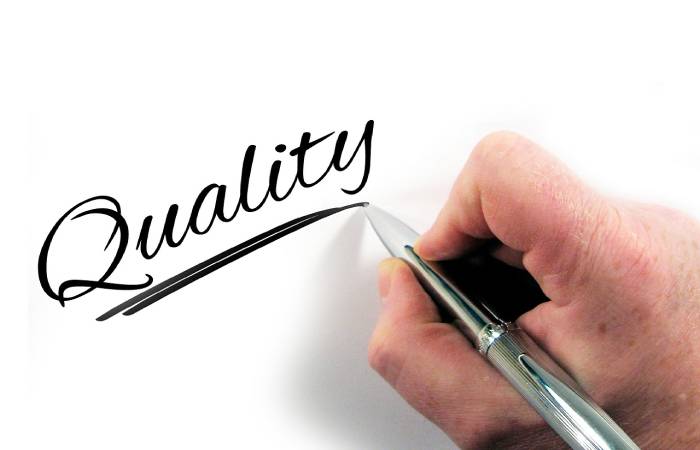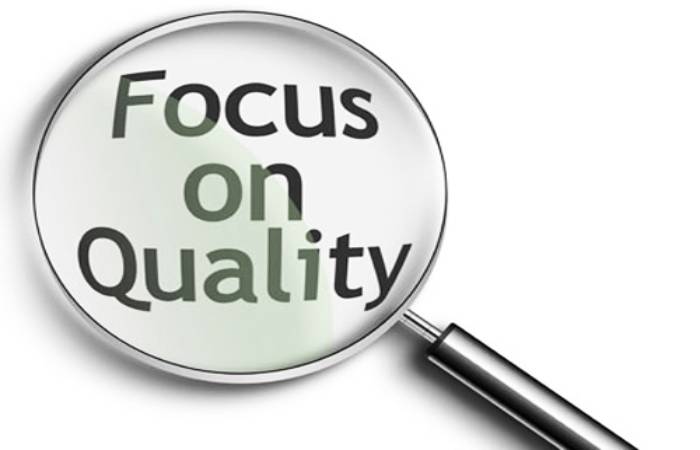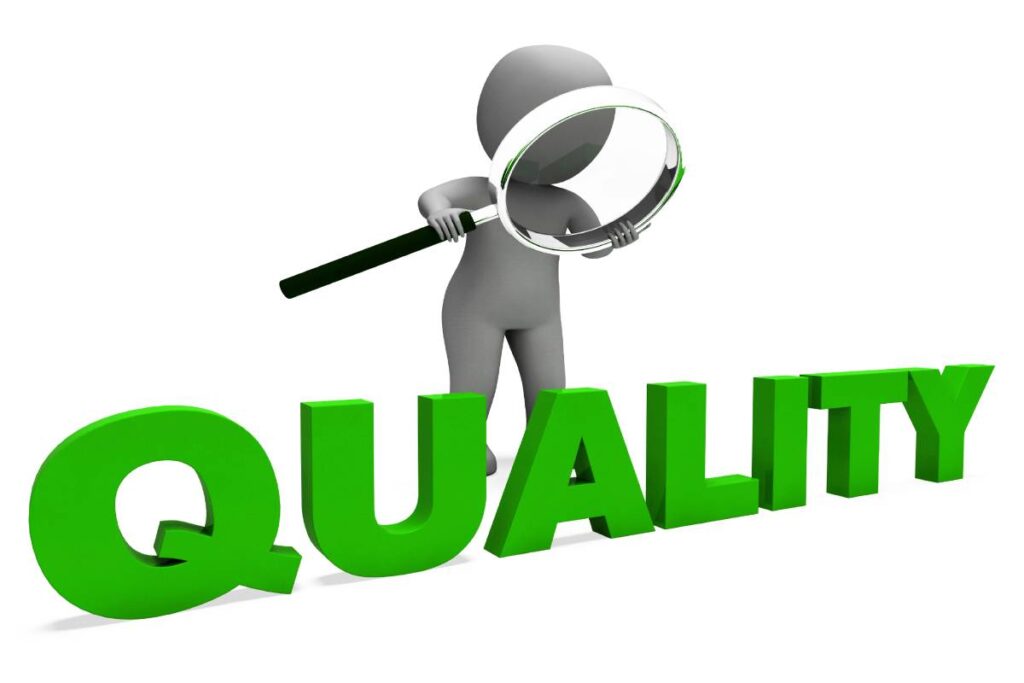Quality Practices Must Be Carried Out

Quality management is a rigorous methodology employees by a manufacturing company to ensure that the quality of its products is consistent. Two essential types of machinery of quality management are Quality Control (QC) and Quality Assurance which are often use interchangeably. Even though there are distinct differences between the two.
The Relationship Between Quality Control and Quality Assurance Quality Practices Must Be Carried Out
According to the American Society for Quality (ASQ). “Quality control is that ‘part of quality management focus on fulfilling quality requirements.’ While quality assurance relates to how a process performs or how a product. If Quality control is more the inspection aspect of quality management. Quality assurance contains that ‘part of quality management focuses on providing confidence that quality requirements will fulfil. the confidence provid by quality assurance is two fold-internally to management and externally to customers, government agencies, regulators, certifiers and third parties”.
Best practices in quality organizations focus on the prevention of mistakes and defects during the manufacturing process. Quality assurance also helps to protect the quality of all raw materials, components, assemblies. And finished products and to prevent any issues arising as a result of defective third-party components. Adherence to its principles helps to rationalize production and ensure the company’s exacting standards met throughout the design, development, manufacturing, and delivery processes.
Quality Assurance Best Practices

Best practices in a business’s QA program all donate to a host of benefits. Including reduced costs, dramatically increased efficiencies, and ultimately, greatly enhanced customer satisfaction.
Quality Practices Must Be Carried Out 3 Key quality management best practices to consider:
1. Addition of a Robust ERP system With QA Competences Delivers the Uppermost Quality
While many manufacturers have yet to adopt a fully automated system to ensure the quality of their product, gradually. More and more are transitioning into Enterprise resource planning with robust QA functionality to achieve these objectives.
ERP systems also enable QA teams to defects so that the finished products are consistent of the highest quality. As well as safe and effective. These solution provide the tools neened to effectively manage quality assurance objectives at every point in the supply chain. From initial evaluation to finished product to distribution.
2. Quality Assurance Harvests Higher Customer Satisfaction
Quality assurance and customer gratification are inextricably interconnecting. An ERP system with robust QA competences can gather critical, real-time intelligence from within the manufacturing plant. Distribution centers, human resources, etc. That’s why builders who rely on ERP solutions during the production process are much more likely to deliver higher-quality products that will attract more loyal customers for the logn term.
3. Compliance
Compliance is a critical issue for all producers and an ERP solution with QA capabilities will instil confidence that all regulation and manufacturing quality. To this end, the right engineering ERP can collect all applicable data from integrated systems to monitor workplace safety and to prevent any potential workplace hazards. For starters, these systems will help producers comply with all health and safety guidelines in the workplace(e.g., OSHA) and thus avoid hefty fines and other penalties that can result from non-compliance.


